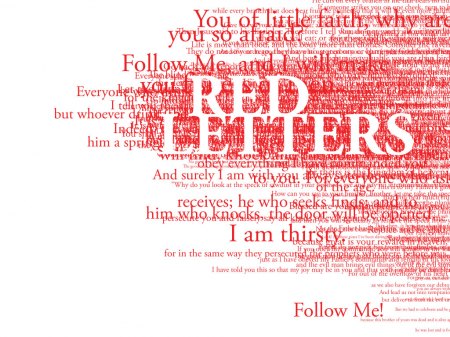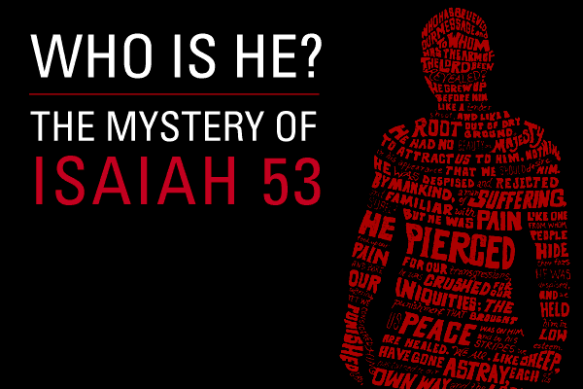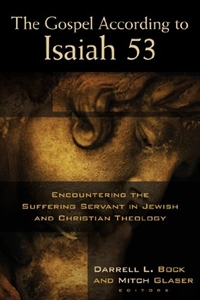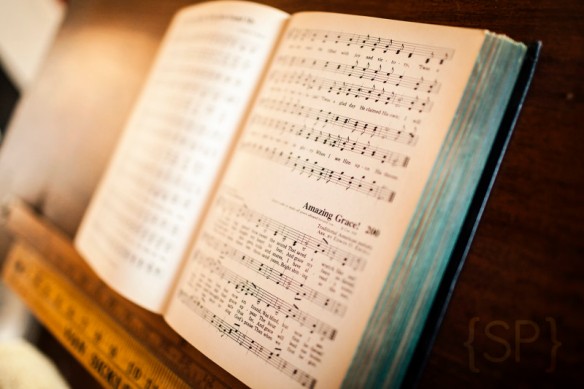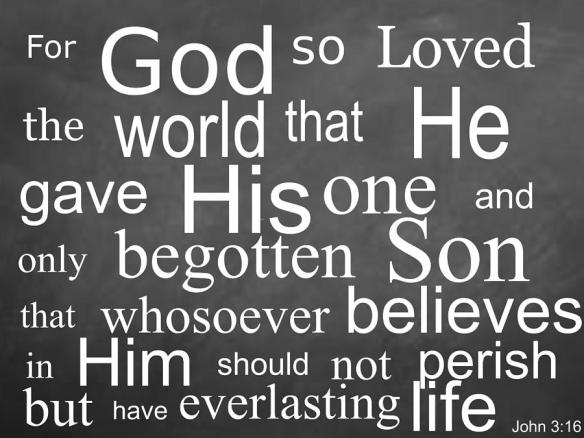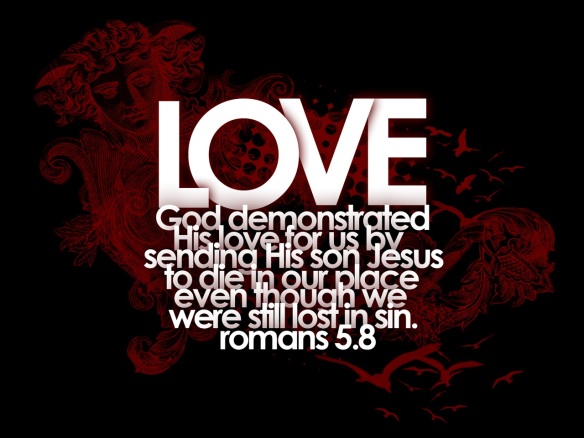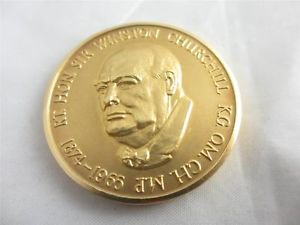I keep coming back to Fred Sander’s book Embracing the Trinity (UK title to his book The Deep Things of God). Reading it for the fourth time. It sparkles each time I read it but has yet to become part of my bloodstream (dolt me!).
From his College’s online magazine at Biloa USA here’s an article on the search for the single all emcompassing Trinity verse.
The Trinity is a biblical doctrine, but let’s admit it: There’s something annoying about how hard it is to put your finger on a verse that states the whole doctrine.
The Bible presents the elements of the doctrine in numerous passages, of course: that there is only one God; that the Father is God; that the Son is God; and that the Spirit is God. We can also tell easily enough that the Father, Son and Spirit are really distinct from one another, and are not just three names for one person. If you hold all those clear teachings of Scripture in your mind at one time and think through them together, the doctrine of the Trinity is inevitable. Trinitarianism is a biblical doctrine and all the ingredients are given to us there: Just add thought and you have the classic doctrine.
Like most evangelicals, though, I would prefer to have a doctrine be stated clearly and concisely in one place. I like my doctrines verse-sized. I sometimes wish there were one verse that said, “God is one being in three persons, Father, Son and Holy Spirit.” The doctrine of the Trinity, though, is simply not verse-sized. Sometimes that feels like a disadvantage, but in fact it’s an advantage. The doctrine of the Trinity is a massive, comprehensive, full-Bible doctrine that serves to expand our minds as readers of Scripture. In Scripture, God is leading his people to understand who he is as Father, Son and Spirit.
For example, set aside for a moment the desire to fit the doctrine into one verse. Look instead at how it shows up in a slightly larger (three verses) passage, Galatians 4:4-6: “But when the fullness of time had come, God sent forth his Son … to redeem those who were under the law, so that we might receive adoption as sons. And because you are sons, God has sent the Spirit of his Son into our hearts, crying, ‘Abba! Father!’” Paul is describing God’s greatest acts in the history of salvation, and those acts are specifically Trinitarian: The Father sends the Son and the Spirit to save.
Or think even bigger: In a crucial passage of Romans, Paul summarizes his message in five verses, and there is a necessarily Trinitarian cadence to his summary: “Therefore, since we have been justified by faith, we have peace with God through our Lord Jesus Christ. … We rejoice … because God’s love has been poured into our hearts through the Holy Spirit who has been given to us” (Rom. 5:1–5).
Or try to take in 12 verses at once: Ephesians 1:3-14 is one gigantic sentence (in Greek) that surveys all of God’s plans and intentions from eternity past, through our present salvation, and on to final redemption. Three times it points us to the kind intention of God’s will, and three times it points us to the praise of his glory. The fundamental movement of the passage, though, is from the Father’s choosing and predestining us in love, through the beloved Son’s death for our forgiveness, to the Holy Spirit’s work sealing us for redemption.
Once you learn to see the Trinity shaping these larger stretches of Scripture, you’re ready to notice how entire books of the Bible are structured by the same Trinitarian logic. In Galatians, for example, Paul proves his gospel of faith against salvation by works in a three-part argument: The Galatians received the Spirit by faith, God promised Abraham that he would justify the Gentiles by faith, and Christ redeemed us from the curse of the law. The great arc of Romans runs from the Father’s judgment through the Son’s propitiation to the Spirit’s deliverance.
If you want to catch a glimpse of the Trinity as the big story behind the Bible, the best thing to do is to read the Gospel of John fast, in one sitting. Your dominant impression during the first half will be that the Father and the Son love each other, and in the second half the Holy Spirit will burst into your attention as the fulfillment of the revelation.
There are a handful of verses where the three persons are named in one place, such as Matthew 28:19 and 2 Corinthians 13:14. These classic passages have the advantage of being comfortably verse-sized. But when we move on from the partial glimpses of the Trinity we can get from single verses, we are led on to larger stretches of argument, wider vistas of insight, and a more inclusive expanse of God’s self-revelation through Scripture. And that prepares our minds for the biggest Christian thought of all: The whole Bible is one complete book that reveals the Trinity. That fact is what the ancient church fathers meant when they summarized the Christian faith in the Apostles’ Creed: “I believe in God the Father … and in his only Son, our Lord Jesus Christ … and in the Holy Spirit.”
The Trinity is a biblical doctrine, therefore, in a very special sense: not in any one verse, but as the key to the entire book.
Fred Sanders is an associate professor of theology in Biola’s Torrey Honors Institute; Sanders’ latest book, The Deep Things of God: How the Trinity Changes Everything, was published in August 2010.
This artcle & others can be found by clicking here.



